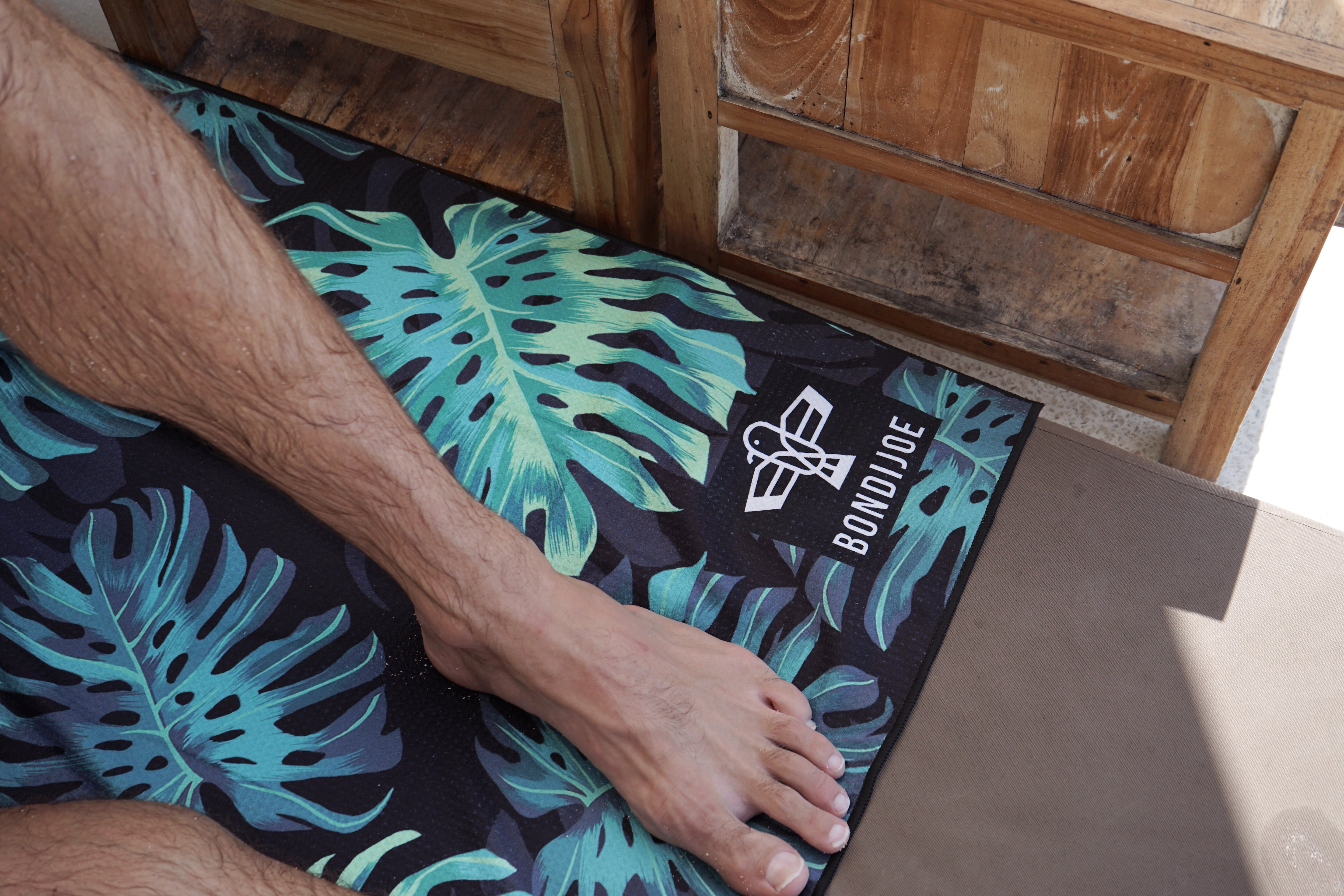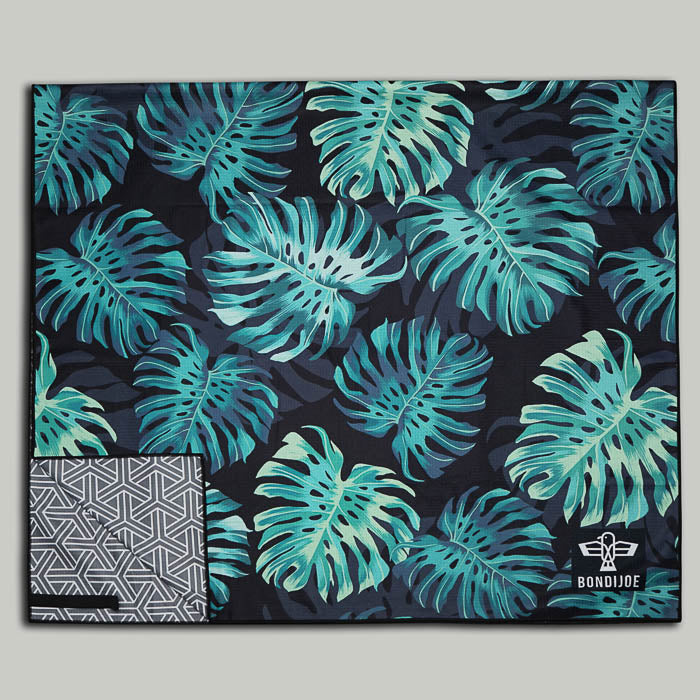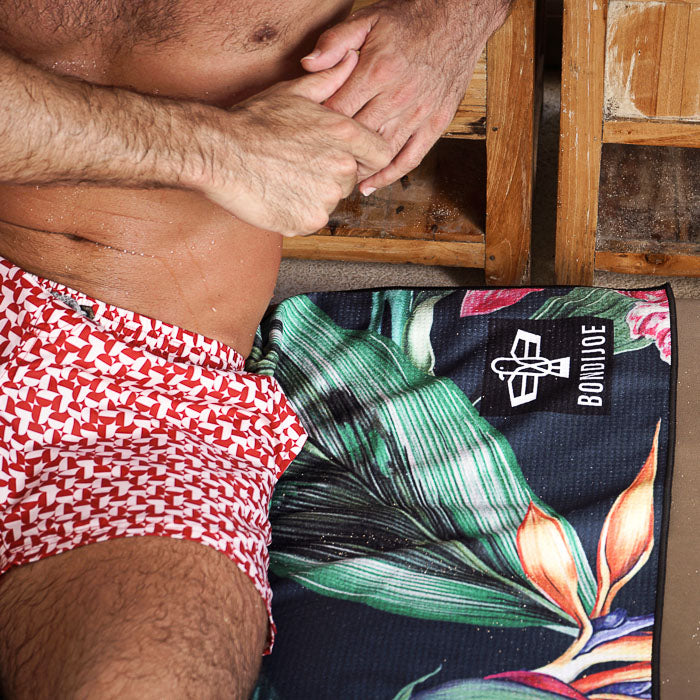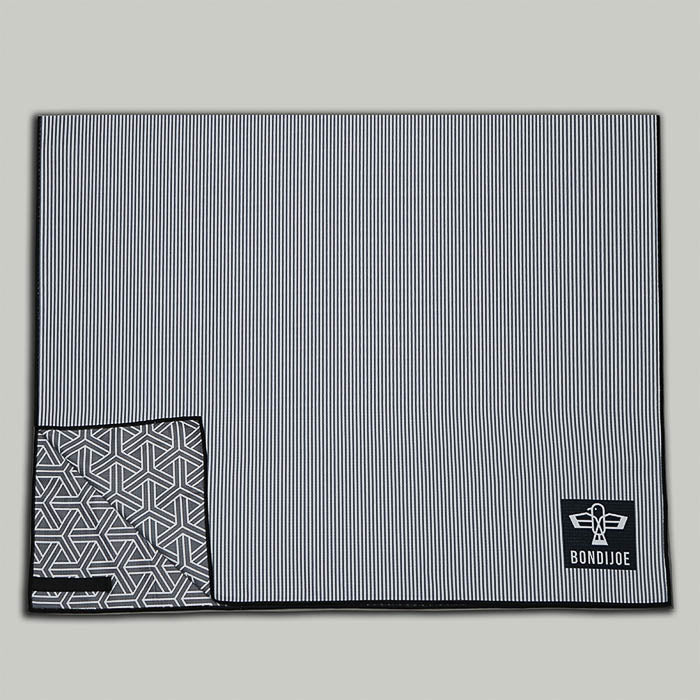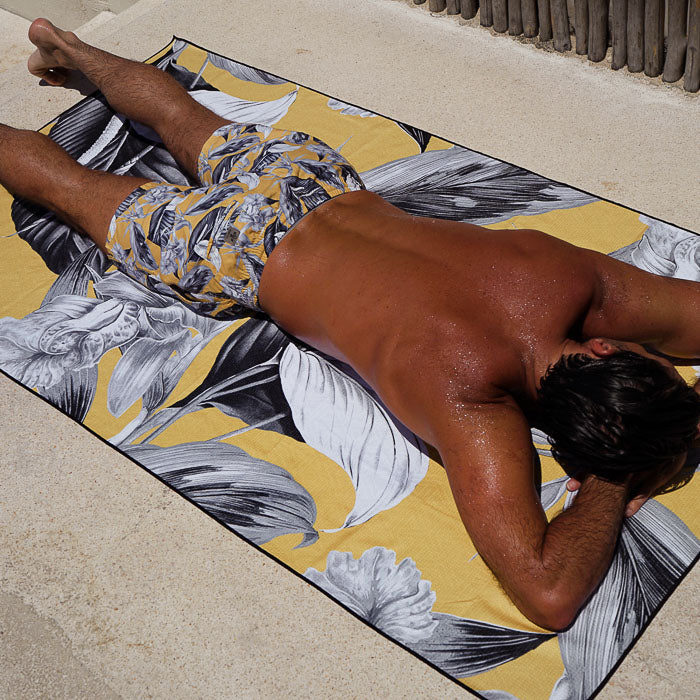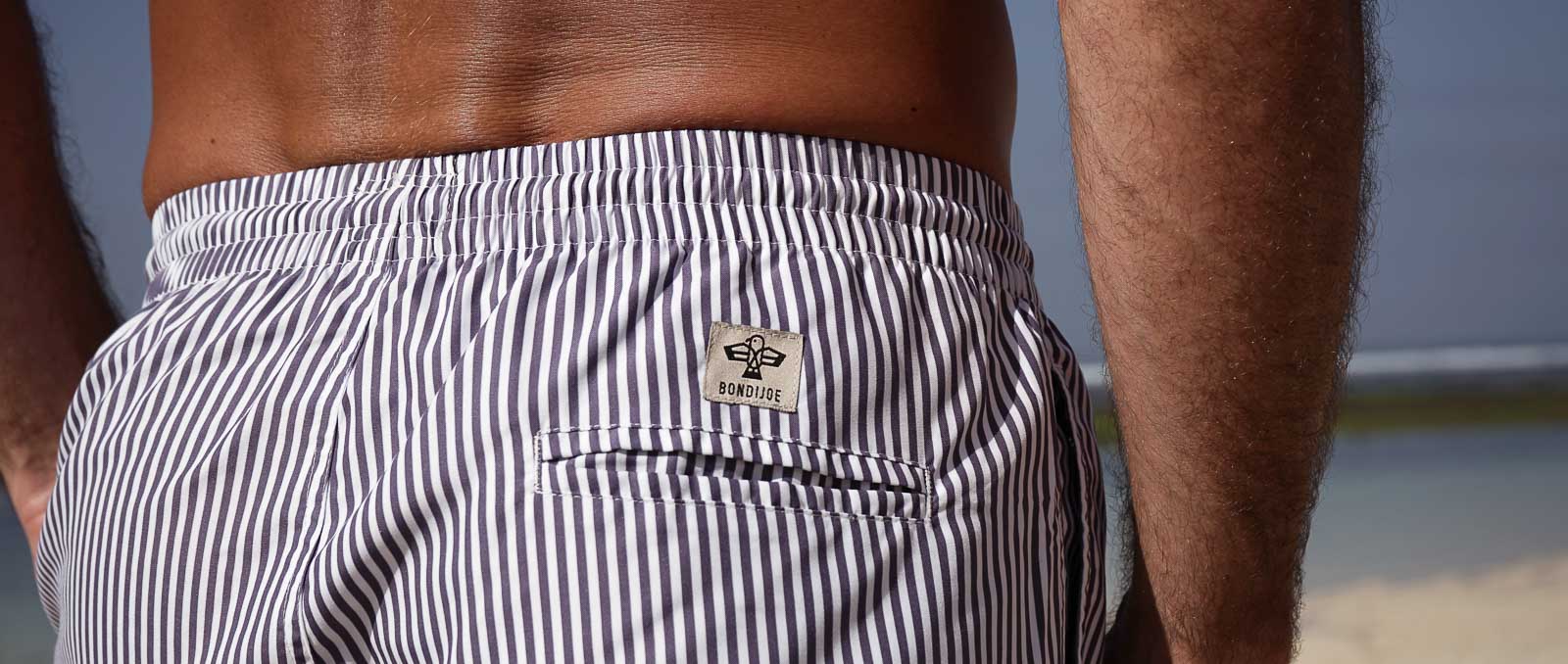Beach towels are essential for any trip to the beach, pool, or lake. They provide comfort, help you dry off, and offer a clean place to lounge. However, like any frequently used item, they require proper care to stay fresh and hygienic. Knowing how often to wash your beach towels is key to maintaining their quality and ensuring they remain free from bacteria, mold, and unpleasant odors. In this guide, we’ll explore the best practices for washing beach towels and how to keep them in top condition.
Why Washing Beach Towels Regularly Is Important
Hygiene and Health
Beach towels can quickly become breeding grounds for bacteria, mold, and mildew, especially when exposed to moisture, sand, sunscreen, and sweat. Regular washing helps eliminate these harmful microorganisms, protecting your health and preventing skin irritations and infections.
Odor Prevention
Damp beach towels that are not washed regularly can develop unpleasant odors. These smells are often caused by bacteria and mold growth. Washing your towels frequently ensures they stay fresh and pleasant to use.
Longevity and Appearance
Proper care and regular washing help maintain the softness, absorbency, and appearance of your beach towels. Neglecting to wash them can lead to the buildup of grime and stains, which can be difficult to remove over time. Regular washing preserves the vibrant colors and integrity of the fabric.
Factors to Consider
Frequency of Use
How often you use your beach towels will impact how frequently they need to be washed. If you use your towel daily or multiple times a week, it will need more frequent washing compared to a towel that is used occasionally.
Exposure to Elements
Beach towels exposed to sand, saltwater, chlorine, sunscreen, and sweat require more frequent washing. These elements can degrade the fabric and harbor bacteria, making regular cleaning essential.
Storage Conditions
How you store your beach towels also affects how often they should be washed. Towels that are left damp in a beach bag or car can develop mold and mildew faster than those that are properly dried and stored in a clean, dry place.
General Guidelines for Washing Beach Towels
After Every Use
For optimal hygiene, it’s recommended to wash your beach towels after every use. This practice is especially important if the towel has been exposed to saltwater, chlorine, or sweat. Washing after each use ensures that all bacteria, mold, and other contaminants are removed.
Every 2-3 Uses
If washing after every use is not feasible, aim to wash your beach towels every 2-3 uses. This frequency helps maintain cleanliness and prevents the buildup of bacteria and odors. Make sure to thoroughly dry the towel between uses to minimize the risk of mold and mildew.
After Prolonged Storage
If your beach towels have been stored away for a season or longer, it’s a good idea to wash them before use. Even if they appear clean, towels can accumulate dust and allergens during storage.
Best Practices for Washing Beach Towels
Use the Right Detergent
Choose a mild detergent that is effective at removing dirt and bacteria without being harsh on the fabric. Avoid using bleach, as it can damage the fibers and fade colors. For extra freshness, consider adding a cup of white vinegar to the rinse cycle to eliminate odors and soften the fabric.
Wash in Warm Water
Wash beach towels in warm water to effectively remove bacteria and grime. Avoid using hot water, as it can cause the colors to fade and the fabric to wear out faster.
Avoid Fabric Softeners
Fabric softeners can leave a residue that reduces the absorbency of the towel. Instead, use white vinegar in the rinse cycle to maintain softness without compromising absorbency.
Shake Out Sand and Debris
Before washing, shake out any sand or debris from the towel. This prevents the sand from getting trapped in your washing machine and ensures a more thorough clean.
Dry Thoroughly
After washing, tumble dry your beach towels on a low heat setting or hang them outside to air dry. Make sure the towels are completely dry before storing them to prevent mold and mildew growth.
FAQs
1. Can I use bleach to clean my beach towels?
It’s best to avoid using bleach on beach towels, as it can damage the fibers and fade colors. Instead, use a mild detergent and consider adding white vinegar to the rinse cycle for extra freshness.
2. How can I remove stubborn stains from my beach towel?
To remove stubborn stains, pre-treat the affected area with a stain remover or a paste made of baking soda and water. Let it sit for a few minutes before washing as usual.
3. Is it safe to wash beach towels with other laundry?
It’s generally safe to wash beach towels with other similar items, such as bath towels or other beach towels. Avoid washing them with delicate fabrics or clothes that might snag on the towel fibers.
4. How can I prevent my beach towels from getting rough?
Avoid using fabric softeners and wash the towels with a cup of white vinegar occasionally to maintain their softness. Tumble drying on a low heat setting can also help keep the fibers fluffy.
5. What’s the best way to store beach towels?
Store beach towels in a clean, dry place. Make sure they are completely dry before folding and storing to prevent mold and mildew. Using a designated towel rack or storage bin can keep them organized and easily accessible.
6. How often should I replace my beach towels?
With proper care, beach towels can last for several years. However, if they become frayed, lose their absorbency, or develop persistent odors, it may be time to replace them.
Conclusion
Regularly washing your beach towels is crucial for maintaining hygiene, preventing odors, and preserving their quality. Depending on the frequency of use and exposure to elements, aim to wash your beach towels after every use or every 2-3 uses. By following best practices for washing and caring for your towels, you can ensure they remain fresh, clean, and comfortable for all your beach outings. Enjoy your time at the beach with confidence, knowing your towels are in top condition. Check out more tips on beach towel care.



